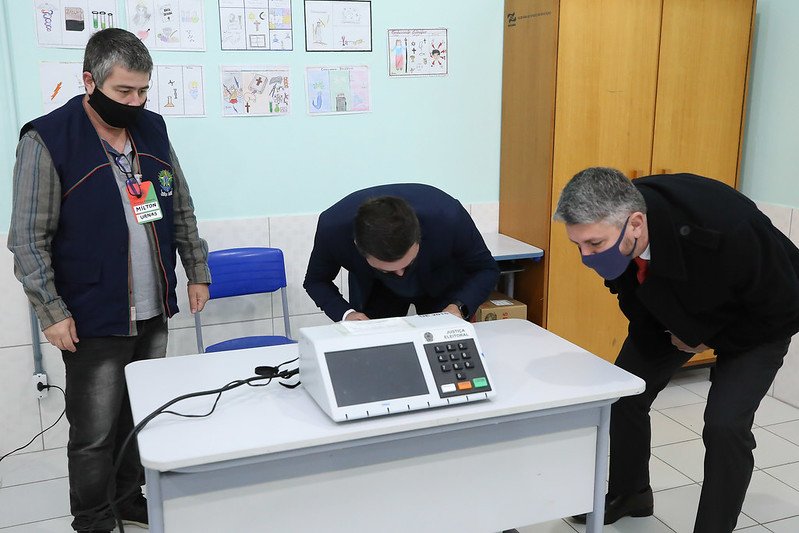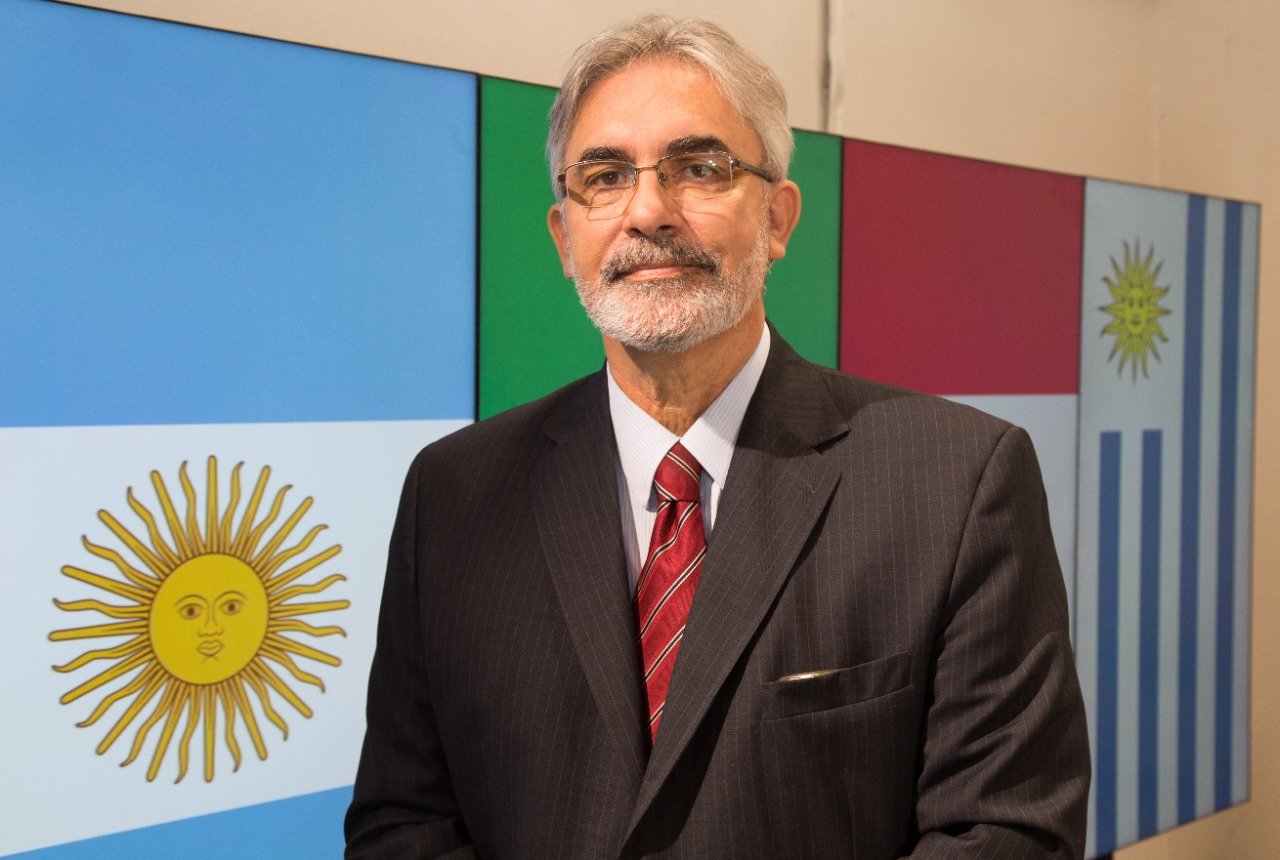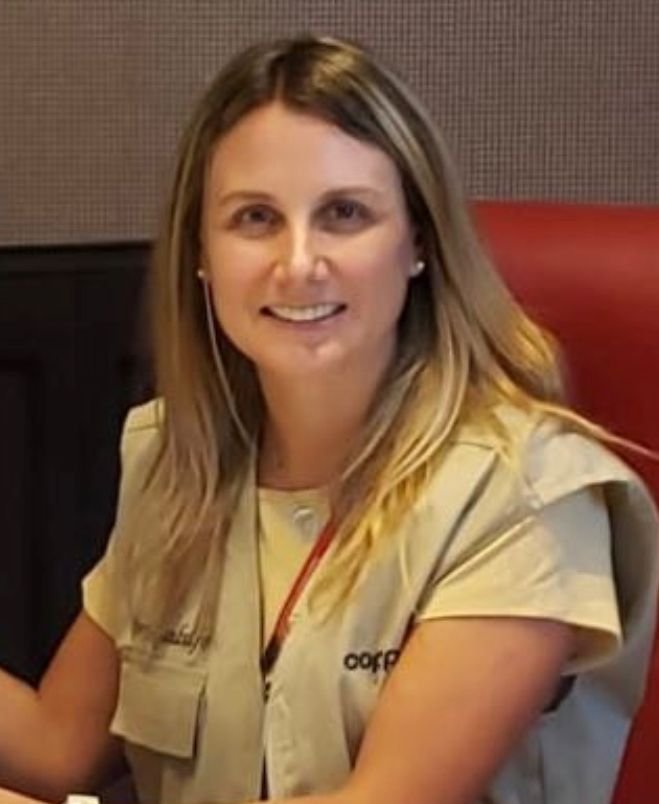International Mission of Human Rights Specialists follows Brazilian election
WBO press release September 26th, 2022
The objective is to monitor and to provide information to the international community about the context of the dispute
The Work will focus on human rights violations and political violence in the electoral context
An International Mission of Human Rights Specialists will be in São Paulo and Brasília, from September 28th to October 3rd, to monitor the Brazilian presidential elections. The main focus of the mission is the monitoring of the protection of human rights in the context of the electoral dispute, in the light of the international standards that should govern the matter.
The mission is formed by experts who are international references in the area of human rights with a focus on electoral contexts, including members and former members of civil society organizations and international human rights organizations, as well as former members of governments of other countries.
Mission Members:
Remo Carlotto (Argentina), executive director of the IPPDH (Institute of Public Policies on Human Rights of Mercosur). He was Special Representative for Human Rights Affairs at the International Level of the Ministry of Foreign Affairs of Argentina and a national deputy for the province of Buenos Aires between 2005 and 2017 and having served as president of the Human Rights Commission of the Chamber of Deputies of the Argentine Nation for several periods between 2006 and 2015. Carlotto is also a professor at Unla (Lanús National University).
Dolores Gandulfo (Argentina), director of Copppal (Electoral Observatory of the Permanent Conference of Political Parties in Latin America and the Caribbean), member of the Observatory of Political Reforms in Latin America and coordinator of the Federation's Working Group on Electoral Observation with a Focus on Human Rights Ibero-American Ombudsman (FIO). Graduated in International Relations (USAL), with a Masters in Public Policy and Development Management (Georgetown University) and a PhD candidate in Political Science (UNSAM). She is also a member of Aeria (Network of Political Scientists and the Association of International Relations Studies of Argentina).
James Green (USA), professor of Brazilian History and Culture at Brown University, USA. Former president of the Brazilian Studies Association (2002-2004). Author and co-editor of 11 books about Brazil. He is currently one of the coordinators of the USNDB (US Network for Democracy in Brazil) and chairman of the Board of Directors of the WBO (Washington Brazil Office).
Carolina Jiménez Sandoval (Venezuela and Mexico), president of Wola (Washington Office on Latin America), with more than 20 years of experience in research and defense of human rights in the Americas and other regions of the world. At Amnesty International, she was Research Director for the Americas, based in Mexico. She previously worked for OS (Open Society Foundations) as a migration-focused program officer for the Latin America Program and the International Migration Initiative. Previously, she was a program manager in the Democracy, Governance and Human Rights unit of Trust for the Americas, a non-profit organization affiliated with the Organization of American States (OAS). From 2008 to 2010, she was National Director of the Jesuit Refugee Service in Venezuela and on the Colombian-Venezuelan border.
Gimena Sánchez-Garzoli (Colombia), in charge of leading advocacy for the defense of human rights in Colombia at Wola (Washington Office for Latin American Affairs), expert on peace and illegal armed groups, internally displaced persons, human rights and of ethnic minorities.
In addition to the five members of the Mission that will be in São Paulo and Brasília – one to be confirmed –, there is also the participation of a special guest, as a collaborator in the works:
Herta Däubler-Gmelin (Germany) – remote participation, as a special guest and collaborator of the Mission –, former Minister of Justice of Germany (1998-2002, under Chancellor Gerhard Schröder), lawyer and member of the German Parliament (1972-2009). She currently teaches as an honorary professor of political science at the Free University of Berlin, particularly in international relations and human rights.
The group – with the exception of Herta Däubler-Gmelin – will work in Brazil in coordination with local organizations of public defenders and human rights, state and social, to monitor compliance with international standards and provide information to the international community. .
Work will begin on Wednesday, September 28, from 5:30 pm to 7:30 pm (Brazil time), at the Public Defender's Office – Rua Boa Vista, 200 – Downtown São Paulo.
The mission is supported by IPPDH Mercosul (Institute of Public Policies on Human Rights of Mercosur), WBO (Washington Brazil Office), Article 19, Vladimir Herzog Institute, WOLA (Washington Office on Latin America), Anadep (National Association of Public Defenders of Brazil), CAC (Common Action Forum), CBDDH (Brazilian Committee of Human Rights Defenders), and Network for the Protection of Journalists.
Four main axes mark the work of the Mission:
Exchange experiences between international and national actors on specific monitoring of human rights situations during the electoral period;
Make a diagnosis and an assessment of human rights protection scenarios during the electoral process in Brazil in the light of the UN's international standards;
Integrate and qualify with international standards the work of national observers and representatives of civil society who will act in possible cases of political violence and other human rights violations during the upcoming elections in Brazil;
To comment on the observance of compliance with international standards of respect for human rights during elections.
The conclusions of the work of the Mission of International Experts on Human Rights for the Elections of Brazil in 2022 will be presented on October 4th, through a public statement addressed to members of international organizations and representatives of civil society organizations.
Statements by Mission Members:
“We have seen in Brazil a deliberate construction of political hate speech, demonization of the political opponent, often starting from part of the government's institutional framework. The acts of direct violence and the mood of direct confrontation draw our attention, even reaching the extreme of loss of life. This attention to the Brazilian process should not be limited to the election day itself, but also to the permanent defense of democracy, even after the result. The moment of voting is a moment, but there are many other elements and moments that are important for democratic construction, and it is important to permanently dismantle political hate speeches"
Remo Carlotto, Argentina
“One of the practical results of this work is to qualify members of Brazilian civil society to document and present in international instances any cases of human rights violations that have occurred during the electoral process”
James Green, USA
“It is important to ensure that everyone has the right to vote and that no one in Brazil is afraid to exercise that right to vote. It is important to encourage voter participation, ensure that the process is democratic and that all political forces recognize the results of the elections.”
Dolores Gandulfo, Argentina
“In these times of political polarization at a global level, the holding of free, transparent and orderly elections sends an international message that Brazil is an example of democracy for the rest of the world”
Gimena Sanchez-Garzoli, Colombia
“What happens today in Brazil is little known in Europe. But it is very important for Brazil, for Latin America and for the protection of human rights at the global level. While a mission does not change reality, observing elections can provide insights into the violence and new instruments that threaten democracy in Brazil today. I have participated in many electoral missions and so I know the responsibility that this work entails. The report that will be produced is of enormous importance because it represents a kind of certificate about the elections, about whether they were free and fair or not."
Herta Däubler-Gmelin (Alemanha)





